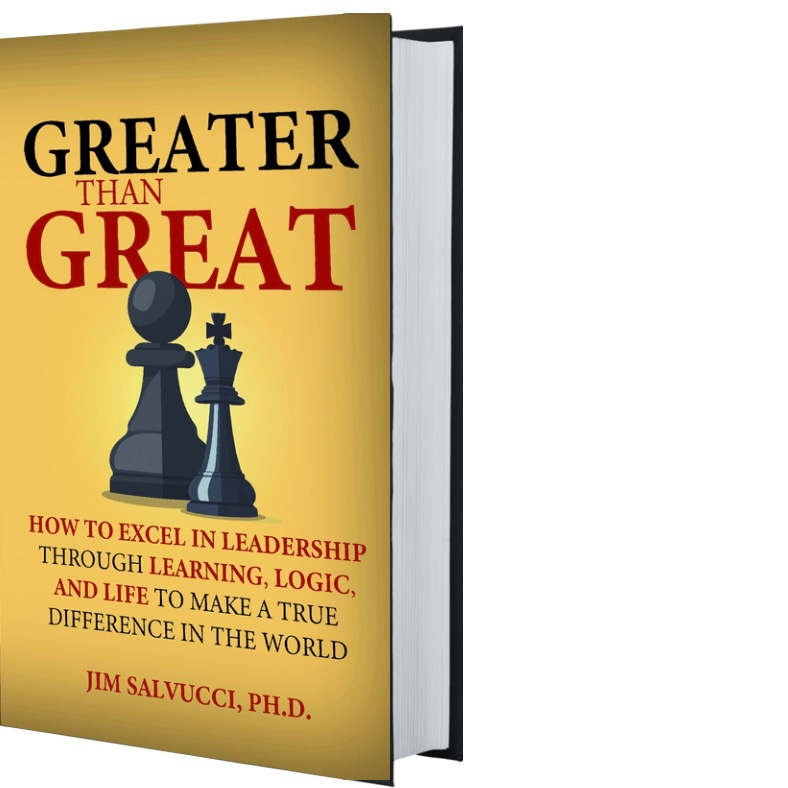Common sense is actually nothing more than a deposit of prejudices laid down in the mind prior to the age of eighteen.
Lincoln Barnett possibly paraphrasing Albert Einstein
You log into your Zoom meeting to discover your boss’s pursed-lips already filling the screen. She’s peeved and leans right in: “Why didn’t you run the report past me before you sent it?”
You explain that the deadline was looming and that the only changes in this draft were her edits.
“Well, I expected to approve the final draft before sending it.”
You apologize and add a little too defensively, “You said to make your edits and get it out immediately, not that you wanted to review it again, so I just sent it.”
“Whether I say so or not,” she snaps, “it’s only common sense that I always want to see the final draft!”
There they are. The terminal words. “Common sense.” The phrase is just another way of declaring, “You shut up now. We’re done here.” It’s is a vestige of a supposedly bygone era when bosses simply made up rules as they went along, often after the fact.
It makes an excellent conversation ender because who can argue with common sense? It’s the answer to every tough “why?” or “how?” question that you want to evade. You can even wield common sense in response to quantifiable or demonstrable matters.
“Why do you say the price is too high?”
“It’s common sense.”
“How do you know the market will increase?”
“It’s common sense.”
“What makes you think we need to lay off workers?”
“It’s common sense.”
Notice that these assertions are all verifiable to some extent. The person making the assertions should be able to point to comparable prices that are lower, present evidence predicting the market’s behavior, and offer metrics to show that firing workers will improve profits. Instead, all we get is common sense.
Backed into a corner? Proclaim common sense, and you can all but assure that the inquiry ends right then and there. Wielding common sense is a softer version of “because I said so” but just as terminal. Common sense is the euphemism of the bully and the bullshitter.
We see it all the time on social media, where absurdities are presented as “common sense.” “Everyone knows” is just another way of putting it, as is “good judgment,” “conventional wisdom,” “level-headedness,” “street smarts,” “being reasonable,” and “many people are saying.” These all mean little more than, “I’m right, period.” And not for nothing, but most identity stereotypes (Blacks are criminals; women are emotional; gays are deviants) are matters of common sense to bigots. Meanwhile, all that bigoted common sense is nonsense to non-bigots.
In his 2021 book, The Life-Changing Science of Detecting Bullshit, John Petrocelli notes that common sense does not make an effective bullshit detector. As evidence, he lists tidbits of common-sense wisdom that contradict one another: “haste makes waste vs. time waits for no man; you’re never too old to learn vs. you can’t teach an old dog new tricks; look before you leap vs. he who hesitates is lost.”
Management wisdom includes it’s own contradictory pairings: if you want something done right, do it yourself vs. delegate, delegate, delegate; if everyone’s in charge, no one’s in charge vs. maximize autonomy; the devil’s in the details vs. don’t sweat the details.
If all these common-sense cliches have equally common-sense-but-opposite counterparts, what use is common sense at all? Petrocelli doesn’t say it outright, but the reality is clear: common sense makes a lousy bullshit detector because common sense is itself mostly bullshit.
Countering Common Sense
Another reason people invoke common sense is to dismiss an argument as not worth making in the first place: “Well, so what? That’s just common sense.” In other words, “Why are you bothering to waste my time with this thing that is self-evident or that everybody knows?”
Again, such assertions are usually meant to evade difficult or losing arguments, end discussions, and provide cover for bullshit.
For instance, when I was a university vice president, I regularly met with my top lieutenants along with a faculty delegate elected by his peers. The faculty sent one of their crankiest colleagues, a real type who seems to pop up on every campus.
For each of our meetings, I assigned a chapter from a leadership book for discussion. The faculty delegate was welcome to join us, but he had concluded in advance that—as a bunch of administrators—we were hopeless and duplicitous blockheads out only to serve ourselves. He was having none of what we were dishing out.
Instead of participating in our book discussions, he’d spend the time impatiently huffing and puffing while rolling his eyes. One day, in the middle of our exploration of Robert Sutton’s excellent book Good Boss, Bad Boss, he blurted out, “This is all just common sense, isn’t it?” His question was supposed to be a showstopper.
I looked at him for a few seconds before replying, “But I thought you said we have no common sense.”
“I guess I did,” he replied with a mischievous grin.
I continued, “So, wouldn’t common sense dictate that we should acquire some common sense?”
He had to agree.
For him, common sense was perfectly obvious and therefore not worth exploring. He cited common sense only to silence others even though he clearly didn’t practice it himself. In this instance, he had assumed that we were inherently bad administrators but also found it contemptible that we’d want to improve as leaders. By gently challenging his self-contradiction, I subverted his assumptions and exposed the emptiness of his grumpy cynicism.
Common Nonsense
On the one hand, we have the belief that common sense is so universally self-evident that no one can ever argue with it. On the other hand, we have the belief that common sense is so obvious that the phrase itself can constitute a sort of insult.
Whatever the case, some people just enjoy citing common sense in order to bully everyone else into clamming up. There’s supposedly no arguing with it. But of course—as we have seen—there’s plenty of room to argue.
All of this is why leaders should never invoke common sense or allow others to invoke it as a decisive argument or persuasive conclusion. At most, common sense offers a baseline, little better than a hunch. It can get you going in the right direction, but it can never get you fully there. Treating the starting line as the conclusion is just dishonest.
Challenge yourself as a leader by avoiding facile ploys like invoking common sense. Leadership hinges on developing positive relationships. It demands self-reflection and effective communication that inspires others to join the cause. This approach to leadership stands in contrast to common sense, which doesn’t persuade; it coerces.
Common sense is a bully’s argument and not worthy of a true leader. It stifles free exchange and blunts inquiry and insight. Beware those who regularly call on it. Great leaders don’t need to invoke common sense because they know the truth about it: most common sense is little more than nonsense.
How often do you invoke common sense as evidence? How do you react when others cite it?
Great leaders learn to eschew easy and misleading arguments such as common sense, and I can help.
Unlock the Great Leader Within! Download my free resource, the Transform To GREATness Toolkit, now!
I look forward to hearing from you.
Intro and outro podcast theme music by LiteSaturation from Pixabay.
Have you noticed that my podcast sound has improved in recent months?
I started using Descript to record and edit my podcast, and if you record sound and video, so should you. Descript’s AI assistance has transformed my process and improved my recordings. Now editing is a breeze!
Interested? Use my affiliate link to try Descript for free: https://get.descript.com/t8zotbxmi6ds.
Let me know if you try it out and what you think.
Need a speaker or a podcast guest? Invite me!
Need an engaging and experienced speaker for your event? Check out my Speaker’s Page.
Looking for a dynamic and insightful podcast guest? Check out my Podcast Guest Page.
I’m Dr. Jim Salvucci, an author, keynote speaker, coach, and consultant. I served higher education for 30 years as an English professor, dean, and vice president before founding Guidance for Greatness to guide young bosses to become the next generation of great leaders. I’m a certified Tiny Habits coach as well as a certified Thrive Global coach and life coach and hold leadership certificates from Harvard University and the American Council on Education in addition to my Ph.D. from the University of Toronto. Central to my leadership philosophy is that all great leaders are decent humans as well as great teachers, guiding their people and their organizations through values toward success. My goal is to guide today’s young leaders to become the next generation of great leaders by offering practical strategies on values-driven leadership.
Coming Soon!
Look for my new book, Greater than Great: How to Excel in Leadership through Learning, Logic, and Life to Make a True Difference in the World, in early 2025!

















Share this post